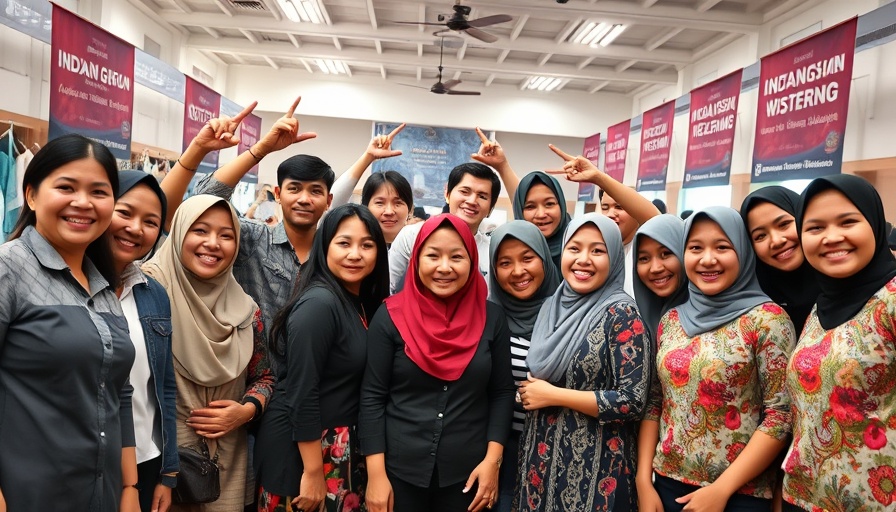
Art as a Catalyst for Climate Awareness
Art has long been a powerful medium for expression, capable of portraying the complex emotions tied to major issues like climate change. Today, artists are leveraging their craft not merely for aesthetic purposes, but to drive social change and raise awareness about the climate crisis facing our planet. This surge of creativity combined with activism is transforming the landscape of environmental advocacy, making the abstract concept of climate change more tangible and urgent for the public.
Exploring the Intersection of Art and Climate Change
Since 2005, when environmental activist Bill McKibben pushed for greater public awareness of climate issues, artists have rallied to use visual mediums to make these problems accessible to the masses. Art naturally engages the emotions, and this quality enables it to communicate the urgency of the climate situation in a way that statistics and scientific jargon often cannot. Through this approach, art becomes a vehicle for conveying vital messages about sustainability and environmental preservation.
Highlighted Works: Art That Challenges Perspectives
Here are five thought-provoking pieces of art that invite reflection on climate change:
- HighWaterLine (2007): Created by Eva Mosher, this public art project uses satellite images and topographic maps to draw a blue line that indicates flood-prone zones in New York City due to climate change.
- Beauty Shop (2007): Lori Nix brilliantly depicts a post-disaster beauty salon, serving as a stark reminder of the vulnerability of our daily lives to extreme weather.
- Flooded McDonald’s (2008): Superflex's imaginative artwork envisions a popular fast-food chain submerged due to flooding, illustrating the real-world implications of climate inaction.
- Growing Pains (2010): This watercolor creation by Laura Ball features a rhinoceros enveloped by endangered species, symbolizing the interconnectedness of climate change and biodiversity loss.
- Cement Eclipses (2011): Isaac Cordal's miniature street art installations provoke thought about urban life and our disconnection from nature, highlighting the often-overlooked behaviors contributing to climate issues.
Art’s Role in Social Movements
The marriage of art and environmental activism is not new, but its vitality is more crucial than ever. Art has the unique ability to shape public discourse and can serve as a rallying point for sustainability movements. Artists across the globe are pushing boundaries by intertwining emotions with science to create impactful works that engage communities in conversation.
The Future of Climate Art
As we move forward, the dialogue around climate change is expected to evolve, incorporating emerging technologies and platforms for artistic expression. This evolution presents opportunities for wider engagement and accessibility, allowing more diverse audiences to connect with climate narratives through interactive installations and digital art. Artists will continue to play a pivotal role in instilling hope, sparking action, and fostering conversations around sustainable habits among audiences.
Actionable Steps: How You Can Join the Dialogue
As you engage with and appreciate art that addresses climate change, consider the role you can play in this conversation:
- Visit local galleries showcasing climate-themed art, fostering a community of awareness around environmental issues.
- Support artists who focus on sustainability and climate change through online platforms or art fairs.
- Participate in community art projects that aim to highlight local climate issues, blending local culture with environmental consciousness.
- Start conversations within your social circles about the intersection of art and climate, using it as a platform to advocate for green living and sustainable practices.
Conclusion: Creating Connections Through Art
Art not only highlights the urgent situations humanity faces regarding climate change; it also inspires action and fosters deeper connections within communities. By engaging with and supporting these artistic expressions, we can all contribute to a broader conversation about sustainability and climate action. Embrace the emotion-infused narratives that art provides and let it motivate you to incorporate eco-friendly habits into your life.
 Add Row
Add Row  Add
Add 




 Add Row
Add Row  Add
Add 

Write A Comment